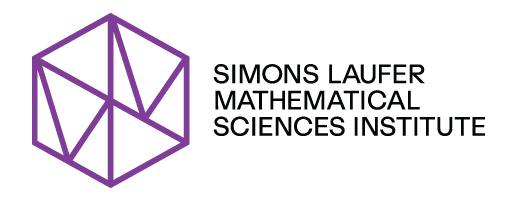Applications of Bifurcation Analysis to the Einstein Constraint Equations
Presenter
November 21, 2013
Keywords:
- Einstein equations
- bifurcations
- dynamical systems
- mathematical general relativity
- CTT solutions
- families of metrics
- Riemannian geometry
MSC:
- 83Cxx
- 83-xx
- 83C05
- 83C10
- 83C22
- 83C50
- 81T40
Abstract
The conformal method has been effective for parametrizing solutions to the Einstein constraint equations on closed 3-manifolds. However, it is still not well-understood; for example, existence of solutions to the conformal equations for zero or negative Yamabe metrics is still unknown without the so-called “CMC” or “near-CMC” assumptions. The first existence results without such assumptions, termed the “far-from-CMC” case, were obtained by Holst, Nagy, and Tsogtgerel in 2008 for positive Yamabe metrics. However, their results are based on topological arguments, and as a result solution uniqueness is not known. Indeed, Maxwell gave evidence in 2011 that far-from-CMC solutions are not unique in certain cases. In this talk, we present a complimentary approach to Maxwell’s model problem analysis by discussing ways in which bifurcation analysis can be applied to the conformal equations on closed manifolds to gain insight into the behavior of solutions. We discuss two different conformal formulations of the Einstein constraint equations with specified data (g, τ, σ, ρ,j) that depends on a parameter λ. The first formulation is obtained by applying the conformal method and leaving the matter sources unscaled, while the second formulation is the more traditional conformal formulation with scaled matter sources. In both cases we apply a Liapunov-Schmidt reduction at a solution where the linearized system vanishes to obtain a parametrized solution curve in a neighborhood of this solution. An analysis of the solution curve in the unscaled case reveals that solutions are non-unique for this formulation. A similar analysis of the solution curve in the scaled case indicates that either positive Yamabe far-from-CMC solutions are non-unique or negative Yamabe far-from-CMC solutions exist.
